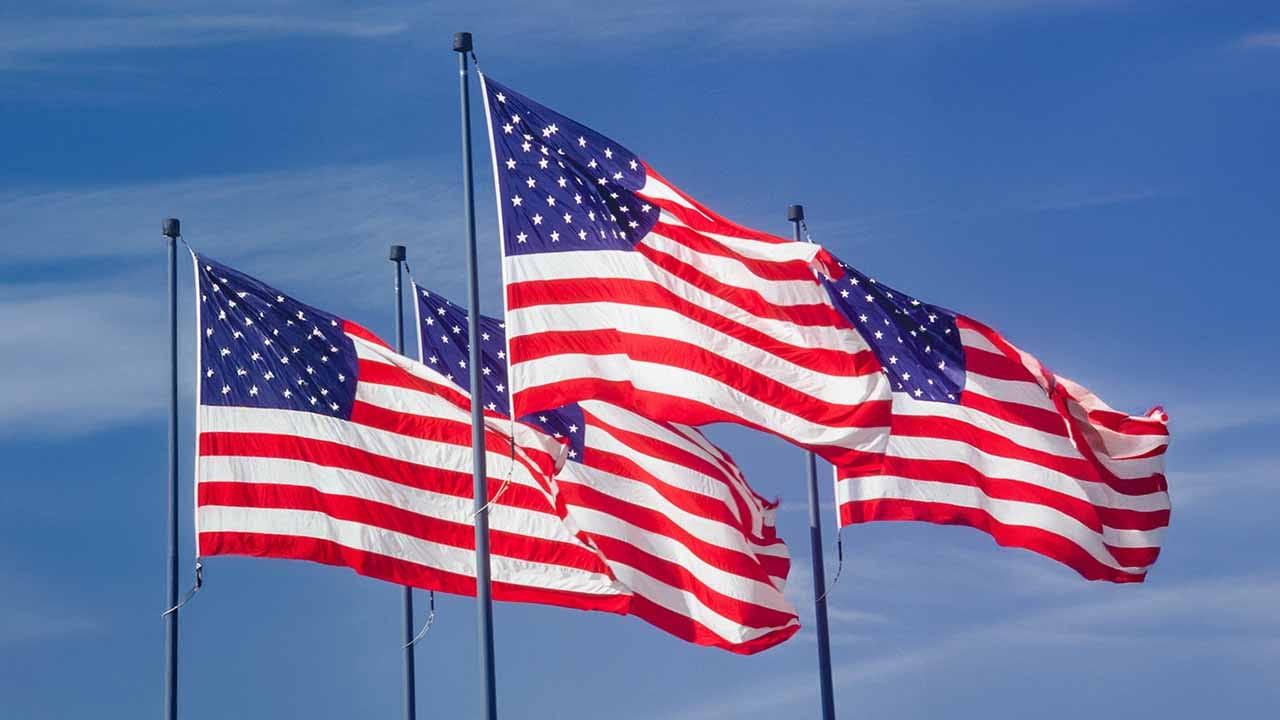Veteran's Voice: 'After 9/11: Remembering and Reconnecting'
Isolation isn’t just uncomfortable. It’s dangerous. Rural veterans die by suicide at significantly higher rates than their peers in urban areas. Distance from care, fewer resources and the sense that no one around them truly understands all play a role.

By Kathryn Whittenberger, retired Navy Senior Chief and Executive Director of Mountain Valor
Every generation has one unifying moment. The one where everyone remembers where they were and how they felt when they heard the news. For mine, that moment came on 9/11.
In the shadow of those attacks, we pulled together as a country. We supported the victims and their families. Patriotism showed itself in neighbors helping neighbors, as well as strangers helping strangers. It was unity in its purest form — and I haven’t seen it since.
Yet, in the years that followed, a divide grew. For those who wore the uniform after 9/11, the wars shaped everything, including families, futures, and our sense of self.
For those who didn’t serve, often life moved on once the shock wore off. That clean line leaves too many veterans isolated. This isn’t because they don’t love their communities, but because they don’t feel understood inside them.
Isolation isn’t just uncomfortable. It’s dangerous. Rural veterans die by suicide at significantly higher rates than their peers in urban areas.
Distance from care, fewer resources and the sense that no one around them truly understands all play a role. One of the strongest protective factors isn’t a prescription or therapy. It’s connection. Real, honest, messy, human connection.
Reaching across that gap of lived experiences isn’t easy. For someone who hasn’t served, it makes sense that it feels hard to know what to say, or how to open the door for a veteran to share something heavy.
For the veteran, it can feel awkward and filled with anxiety to explain experiences that seem untranslatable. Everyone worries about saying the wrong thing. Too often, the result is silence.
That silence is exactly what isolation feeds on. Breaking it doesn’t take perfect words. It takes presence. Showing up. Asking. Listening. Making space at the table, or simply being there in the awkwardness until it feels less awkward.
9/11 is a day to remember our fallen, both those who fell from the initial attacks but also through the war that followed.
Stopping and acknowledging the impact of that day, and of the war, on our service members and their families is essential to bridging the gap between the 1% of the country who answered the call, and the 99% who didn’t.
From my perspective, those of us who answered our nation’s call remember.
We remember not just that day, but the names of those we bonded with more deeply than we ever thought possible as we answered our Nation’s call to go to war. We remember the names of those who didn’t come home, or those who did, but couldn’t leave the scars of war behind and took their own lives.
What makes the pain heavier is the thought that we’re the only ones still remembering — that no one else cares. All those lives lost, and it feels like their legacy is to simply disappear.
Bridging that gap is critical, and it starts with a single person reaching out. We don’t have to solve everything with a program or a policy. We can start by standing shoulder to shoulder with those who are struggling, listening to their stories and reminding them they are not alone.
